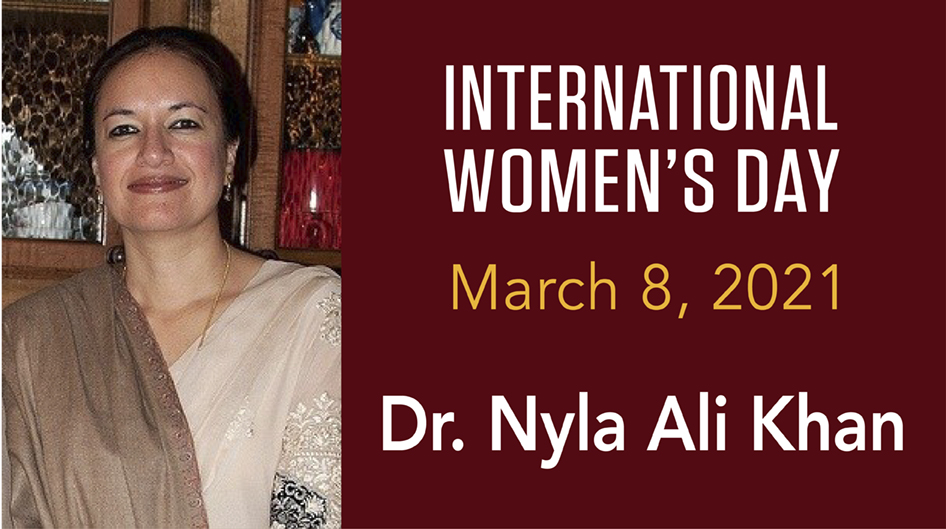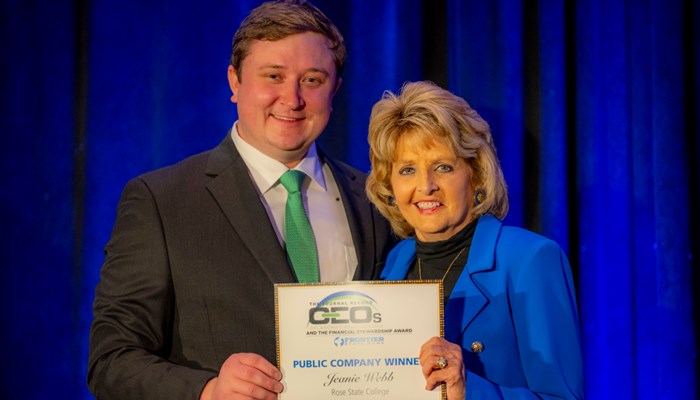A Woman’s Selfhood and her Ability to Act in the Public Domain: Resilience of Nadia Murad Nyla Ali Khan Published March 8, 2021
 One of the winners of the Nobel Peace Prize 2018 was Nadia Murad, an Iraqi Yazidi activist, for her effort “to end the use of sexual violence as a weapon of war and armed conflict."
One of the winners of the Nobel Peace Prize 2018 was Nadia Murad, an Iraqi Yazidi activist, for her effort “to end the use of sexual violence as a weapon of war and armed conflict."
The Norwegian Nobel Committee underscored, "This year marks a decade since the UN Security Council adopted Resolution 1820 (2008), which determined that the use of sexual violence as a weapon of war and armed conflict constitutes both a war crime and a threat to international peace and security. This is also set out in the Rome Statute of 1998, which governs the work of the International Criminal Court. ... A more peaceful world can only be achieved if women and their fundamental rights and security are recognized and protected in war."
Ever since ISIL laid siege to a large portion of Iraq in 2014, Yazidi women have borne the brunt of the violence in that country. Hapless women have been negotiating with members of ISIL (Islamic State of Iraq and the Levant), both materially and sexually. Unfortunately, the innate conservatism of Arab and South Asian societies prevents them from overtly describing and condemning sexual exploitation. Yazidi women are further dehumanized because of the self-hatred that accompanies physical violation. The law of the jungle which prevails in those areas leaves no scope for rehabilitation of the victims of violence.
Little did Nadia Murad’s family know that their precious daughter, whom they had sheltered from the turbulent waves of life would be driven to insanity by unbearable suffering and humiliation. She along with other Yazidi girls, several of whom were under the age of puberty, was horrendously violated by a bestial group of ISIL militants. Nadia was defiled and her beautiful innocence ended. Had God forsaken her? Would she be saved by a messiah or would she be left at the mercy of these satanic creatures? Was this a nightmare that would vanish at the break of dawn? Despite the indelible scar on her psyche and her humiliation, Nadia had the resilience to cope with the buffets that fate had dealt her.
Subsequent to the Peace Prize announcement, Nadia Murad observed, "Persecution of minorities must end. Sexual violence against women must never be tolerated. We must remain committed to rebuilding communities ravaged by genocide. ... We must work together with determination -- so that genocidal campaigns will not only fail, but lead to accountability for the perpetrators." She added, "Survivors deserve justice. And a safe and secure pathway home."
Will the grievances of such aggrieved and powerless people ever be redressed? Will violated Yazidi women ever have the satisfaction of knowing that those who wronged them did not go unpunished?
It is heart wrenching to see despondent women with hopelessness entrenched in their looks and minds. Physically bruised, psychologically broken, improvident; socially marginalized and left to their own devices; unsought by those with the means to help; each sigh bespeaks a grief that knows no bounds and has no hope of respite. Some conservative Yazidis disapprove of attempts to welcome survivors back into the faith and would rather ostracize them. These repositories of communal values and cultural traditions are not always able to find a support system in their communities. Several “dishonored” women in conflict zones retain their status as familial and cultural possessions lacking control over their own bodies.
I observe that a lot more could be done toward prosecuting perpetrators of sexual violence in conflict zones and increasing women’s participation in peacekeeping and postconflict peace nation-building in Kashmir, Iraq, Afghanistan, and Syria.
“Inattention to women’s and girl’s roles and experiences during particular conflicts and in early postconflict periods systematically undermines the efforts of peacekeeping and peace-building operations, civil society, and women’s organizations to establish conditions necessary for national and regional peace, justice, and security” (2).
The United Nations Declaration on Elimination of Violence against Women states that pervasive violence against women is a product of “unequal power relations” between men and women, which characterizes gender relations in all parts of the world.
Women can play an important role in establishing a more inclusive democracy and new forums for citizen cooperation. Female leaders can lead the way by offering new ideas, building broad-based political coalitions, and working to bridge organizational divides. In this way, women’s groups can thus pave the way for sustainable peace, universal human rights, and security from violent threats of all kinds.
It is heartening that the Norwegian Nobel Committee recognizes the worth of the peace-building work that survivors of sexual violence and women’s organizations can contribute at the local and regional levels. The aspirations for accountability of terror groups’ use of sexual violence, healing, and peace must be translated into a powerful force that would determine the substance of conflict resolution.



